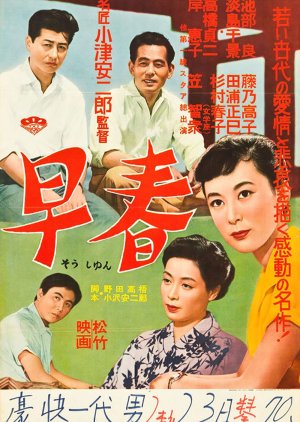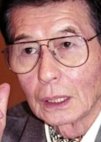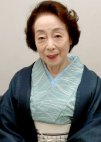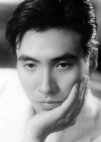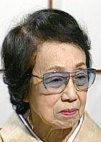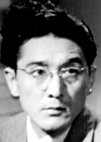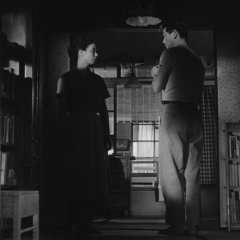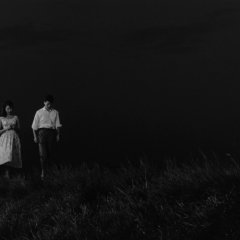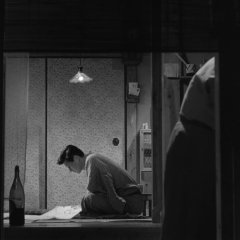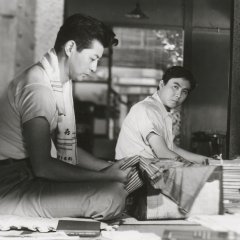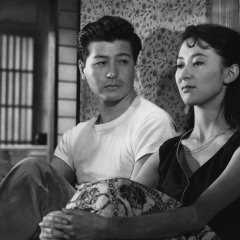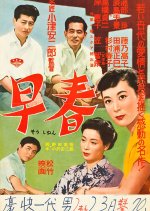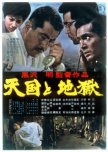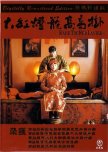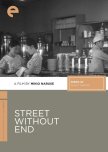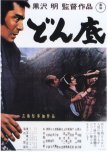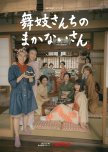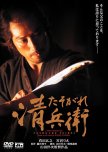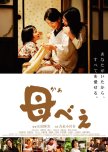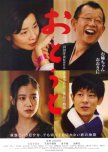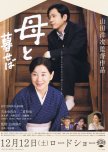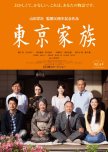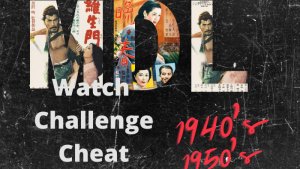 WCCS: Japanese movies from the 1940's and 1950's
WCCS: Japanese movies from the 1940's and 1950's A young salary man and his wife struggle within the confines of their passionless relationship while he has an extramarital affair. (Source: IMDb) Edit Translation
- English
- magyar / magyar nyelv
- dansk
- Norsk
- Native Title: 早春
- Also Known As: Soshun
- Screenwriter & Director: Ozu Yasujiro
- Screenwriter: Noda Kogo
- Genres: Drama
Cast & Credits
- Ikebe RyoSugiyama ShojiMain Role
- Awashima ChikageSugiyama MasakoMain Role
- Takahashi TeijiTaizo AokiSupport Role
- Sugimura HarukoTamako TamuraSupport Role
- Yamamura SoKawai YutakaSupport Role
- Tanaka HaruoNomuraSupport Role
Reviews

This review may contain spoilers
"Everyone's dissatisfied"
Ozu explored the family life of a cog in a wheel salaryman. Sugiyama Shoji personified the endless, hopeless life of the literally white collared worker who made just enough to live on but not enough to get ahead, much less dream of something different.Shoji and Masako have been married for a number of years but after the death of their baby son have drifted apart emotionally. Shoji's family is now primarily populated by the people he works with, ex-army buddies, and mahjong companions. Masako has a widow neighbor and a jaded mother she can turn to. Due to Shoji's nighttime habits of mahjong and drinking, the couple are behind in their rent. The disaffected worker is about to knock Ozu's ubiquitous train off the tracks when he begins an affair with a younger woman named Goldfish.
Aside from A Hen in the Wind's male lead, Shoji was one of the most unsympathetic leads in an Ozu film that I've seen so far. He frittered away the family money, barely spoke to his wife and treated her like a maid. He brought drunk friends home to sleep it off and walked out one evening when he surprisingly came home early and dinner wasn't ready yet. To top it all off he scarcely covered up his affair which seemed cruel. His wife did all the laundry and he didn't think she'd notice the lipstick faithlessly adorning his clothing? He didn't think she would smell another woman on him when he sauntered in after having sex with Goldfish? When she finally did confront him, he tried to gaslight her and lied like a five-year-old. With the exception of one woman who told her to stick to her guns, others, including her mother, convinced her to apologize for her part in the marital estrangement and go back to her husband. Thankfully, Shoji did finally apologize to her, however with all the emotional depth of apologizing to someone you'd accidentally bumped into. As the husband in Hen in the Wind did, he wrapped up the story with a "let's start all over again" happy ending. Ozu banged on about how disillusioned salarymen were and largely blaming Shoji's infidelity on his employment dissatisfaction. Where was the insight into the grief Masako was obviously still dealing with and her loneliness? Where was the compassion for a lonely woman with a husband who spent most of his time away from home? Why did she have to apologize for her husband sleeping with another woman?
Ozu's composition and framing were as exquisite as ever. There were the typical scenes in an Ozu film with singing and game playing, occasionally both at the same time. The 2 hours and 24 minutes film dragged badly in places. How many drinking and singing scenes were truly necessary? The waxing on about the meaninglessness of a salaryman's life became repetitious. Over and over again, Shoji was shown spending time with just about anyone but his wife which began to wear thin. It was doubly painful because Shoji never mentioned loving his wife whereas numerous characters commented on Masako's love for Shoji. At no point did Ozu show the reason Shoji decided to turn his marriage around other than for convenience's sake which made the decision emotionally hollow.
Ozu's insight into the long hours and drudgery of death by overwork was stinging. The commentary on women with unfaithful husbands was disheartening. The nicest comment about wives was Shoji's older friend played by Ozu regular, Ryu Chishu. "No one is more dependable than a wife." Sounds like something you would say about a brand of tires or dishwasher. I didn't find the unfaithful and cold Shoji a compelling or sympathetic character. He was an irresponsible husband who did nothing to earn his wife's forgiveness. Ozu made many meaningful films, for me, this wasn't one of them.
8/29/23
Was this review helpful to you?

Infidelity can destroy a marriage.
Yasujiro Ozu's work brought back the topic of marriage and it was quite a shock because it turned out to bring up the topic of problems that might occur in couples who usually destroy their relationship, usually called cheating.Well, what I like about Ozu's film is that it doesn't use dramatization, so it's more realistic and maybe feels relateable to some people. Like here, usually in other films it is portrayed in a vulgar and wild manner but here it feels simple but still has an impact when seen by people who have done it. (Not me, I'm single hiks ..)
Then from the wife's side, Masako, whose knowledge was built from conversations with neighbors and parents until finally she knew that the reality was well organized, when she left was understandable, and grateful she didn't ask for a divorce.
The affair between Sugi and Goldfish closes well and becomes one of the iconic scenes in this film, becoming a symbol of peace.
The drawback of this film, in my opinion, is that the emotional boost is lacking, I can cry when watching Noriko Trilogy but not here. But the moment when Masako chose to leave Sugi for a long time, was enough to inject a little emotion that was not much felt from the beginning of the film.
There was a feeling of despair in Sugi and it made me remember the words of one of the characters in this film but I forgot his name, he said "Your wife is your closest partner" and that's kinda hits me.
Sugi goes to Mitsuishi alone, then Masako follows him there was the sweetest moment in this film, indicating they have made peace with the bitter past and are willing to accept each other to start a new day together once again. Masako's reason for following Sugi to Mitsuishi was also touching, he got a letter from Mr. Onodera who said "Follow Sugi, before it becomes a bigger problem." must have made Masako think, and I'm glad she did because you never know what would happen to a man that have a burden of guilt.
------------
Another good works from Mr. Ozu.
Was this review helpful to you?
Recommendations
There have been no recommendations submitted. Be the first and add one.

